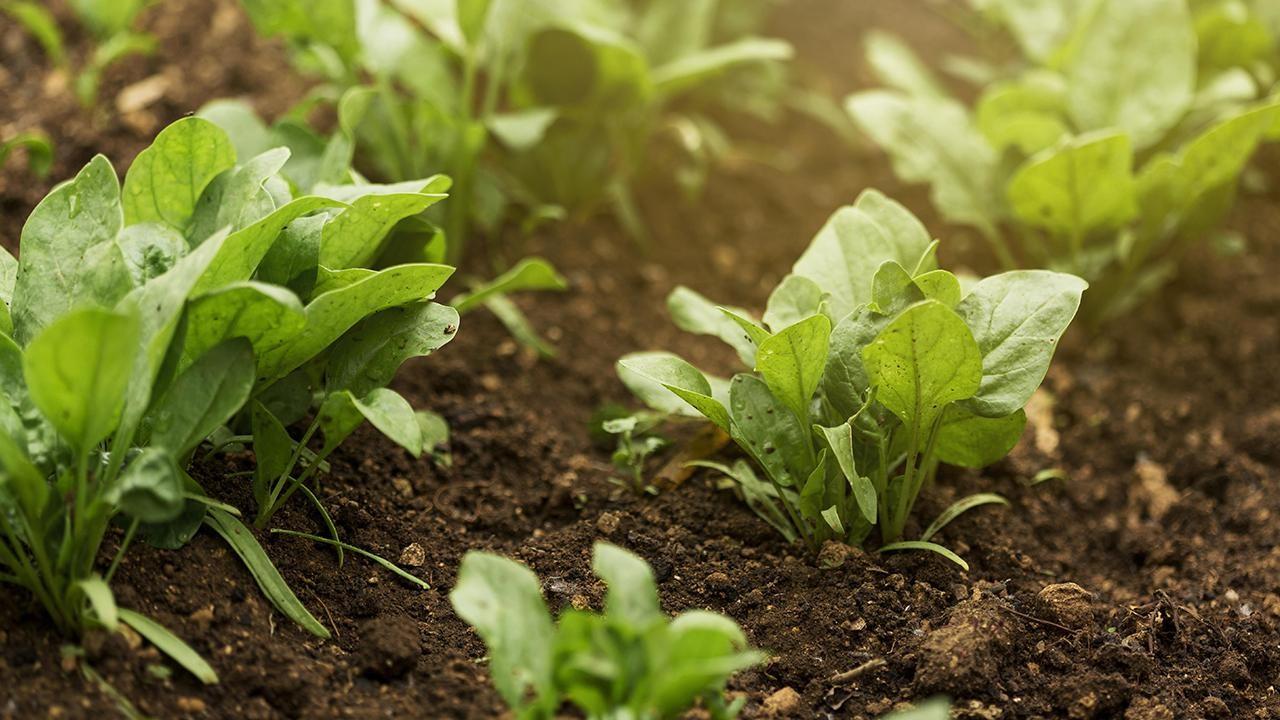Harmful Effects of Pesticides in Fruits and Vegetables



When crops are growing, pesticides are used to protect them from germs, insects, and rodents. When food reaches the grocery store, it contains residual amounts of these chemicals. Pure water cannot easily remove the pesticide residue. When you eat fruit, the pesticides that got stuck in it get into your body and can make you sick. Fresh fruits are extremely beneficial to the body when consumed on a regular basis. Fruits supply the body with all of the necessary vitamins and minerals. However, how safe and healthy are these vegetables and fruits? When we consume fresh fruits and vegetables, we believe that a healthy diet provides our bodies with the necessary nutrients. Some people may be surprised to learn that the majority of foods contain highly contaminated pesticide residue. Today, a lot of people put pesticides in food. Chemicals called pesticides are used to get rid of pests that could hurt crops and fruits. Farmers use it frequently, particularly in remote areas. Evidently, the use of pesticides in crop cultivation has increased as a result of developments in the agricultural sector.

Pesticide use is associated with numerous health risks. Consuming highly contaminated fruits and vegetables can have serious health consequences from pesticides. According to a number of reports, eating food that contains a lot of pesticides can make cancer, kidney, and lung problems. Children's developing organs make them susceptible to infection and disease. Childhood cancer and mental health issues like autism and attention deficit hyperactivity disorder can result from any exposure to these high chemical residues. A pregnant woman may experience birth complications if she consumes a fruit containing pesticide residue. Nausea, diarrhea, abdominal cramps, dizziness, and anxiety are among the additional health risks posed by these harmful chemicals. Chemicals used to eradicate pests are known as pesticides. Most of the time, a pesticide is a chemical or biological substance like an antimicrobial, disinfectant, or virus that prevents, incapacitates, or kills pests.
The terms "pesticide" and "plant protection product" are frequently used interchangeably due to the frequency with which pesticides are used. It is frequently utilized to eradicate or control a variety of agricultural pests that have the potential to harm crops, livestock, and decrease farm output. Insecticides are used to kill insects, herbicides are used to kill weeds, rodenticides are used to kill rodents, and fungicides are used to control fungi, mold, and mildew.
Most of the time, the vegetables are picked frequently and sold immediately for human consumption without any testing to see if the pesticides still have an effect. However, synthetic pesticides pose a real threat to human health due to their toxic effects. The use of Biopesticides is risk-free, and not only does it effectively eradicate insect pests, but there is also no risk of residual effects for consumers.
Pesticides' main benefit is that they can save farmers. by preventing pests and insects from harming crops. However, some additional primary advantages of it are listed below.
• Keeping pests and disease-carrying plants under control.
• Keeping nuisance and human and livestock disease vectors under control.
• Keeping organisms under control that harm human activities and structures
• The toxic chemicals in these are intended to be released into the environment in a deliberate manner. Even though each pesticide is meant to kill a specific pest, a very high percentage of them end up somewhere else. Instead, they get into our food, the water, sediments, and air.
• Pesticides have been linked to risks to human health, ranging from short-term effects like nausea and headaches to long-term effects like cancer and harm to reproduction.
• Using these also reduces the soil's overall biodiversity. Higher water retention, which is necessary for plants to grow, is made possible by higher soil quality when there are no chemicals in the soil.

To assist in your and your family's protection from pesticides on fruits and vegetables:
• Before you begin cooking, wash your hands with soap and water.
• Toss the outer leaves of leafy vegetables like lettuce in the trash. Rinse the inner part and consume it.
• Wash produce for at least 30 seconds in cool water.
• You can purchase a product to clean produce. Dish soaps and detergents should not be used to clean food. There may be inedible residues left behind by these products.
• Produce marked "ready to eat" or "pre-washed" should not be washed. Wash fruit and vegetables even if you won't eat the peels (like citrus). Otherwise, when you cut or peel the product, chemicals or bacteria from the outside may get inside.
• Use a clean towel to dry produce after it has been washed.
• When you are ready to use produce, wash it. Most fruits and vegetables can lose their quality if they are washed before being stored.
• You might want to consider serving organic produce as an alternative. Pesticides that are organically approved are used by organic growers. Consider it for fruit with thin skins like nectarines, peaches, grapes, and strawberries.
You must wash both organic and nonorganic fruits and vegetables to get rid of harmful bacteria.
